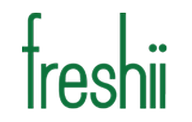
Common Misconceptions People Have About Financial Planning
The sheer abundance of financial resources and advice available to people in this digital age poses a unique challenge. While the abundance of information is excellent, not everything can be trusted. When you take into consideration the fact that over the years, the financial industry as a whole has been plagued with half-truths, lies, and myths, it makes knowing whom to trust or which information you can bank on all the more difficult.











